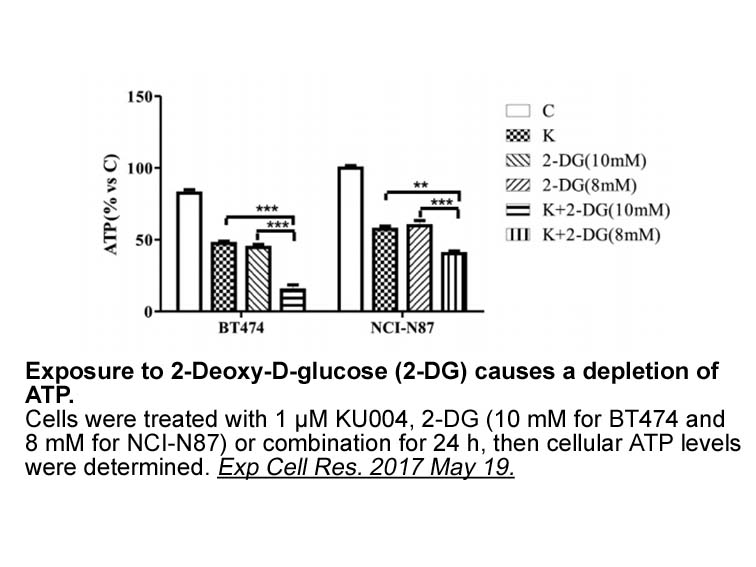Archives
Epidemiological studies have documented many benefits for ca
Epidemiological studies have documented many benefits for cardiovascular health from drinking black tea. Black tea consumption lowered plasma uric lp-pla2 inhibitor and C-reactive protein (CRP) levels in both man and women [41] (Table 4) and it also reduced serum glucose, triglyceride, LDL/HDL plasma cholesterol ratio and increased plasma antioxidant that may contribute to reduce risk of CAD [42]. A clinical study reviewed that short-term (2h) or long-term (4 weeks) of black tea consumption reversed endothelial dysfunction and improved flow-mediated dilation of brachial artery in patients with coronary arterial disease [43]. Black tea extract is also found to inhibit platelet aggregation in rabbit platelet polymorphonuclear leukocyte (PMN) system [44] that may prevent heart attack or stroke.
Theaflavins, TF1, TF2a, TF2b and TF3, all showed dose-dependent antioxidant activity in Cu2+-mediated LDL oxidation in vitro[45]. TF1 protected against ischemia/reperfusion injury by inhibiting mitochondrial permeability transition pore (mPTP) opening in isolated heart [46]. Dietary administration of TF1 significantly attenuated atherosclerotic lesion size and reduced vascular superoxide, leukotriene B4 (LTB4), and plasma P-selectin concentrations in apolipoprotein E (ApoE)−/− gene-knockout mice [47]. TF3 also inhibited plasminogen activator inhibitor type 1 (PAI-1) activity that contributes to pathogenesis of vascular remodeling and is implicated in the development of myocardial infarction [47,48].
Oxidative stress is involved in endothelial dysfunction that has been considered a risk factor of cardiovascular disease [40]. Pre- and post-treatment of black tea extract both showed a protective effect against tert-butyl hydroperoxide (t-BHP) induced malondialdehyde (MDA) and dityrosine level in human vein endothelial cells (HUVEC) that exhibited beneficial effect on endothelial function [48]. Consumption of black tea increased antioxidant capacity in blood in patients with coronary arterial disease [43]. In bovine aortic endothelial cells, black tea polyphenols including theaflavins (TF3) and catechins (EGCG) significantly increased endothelial NO synthase (eNOS) activity in bovine aortic endothelial cells and vaso-relaxation activity in rat aortic rings [49]. These findings are consistent with the clinical study that black tea consumption reversed the endothelial dysfunction in humans [43] and further demonstrated the effectiveness of tea consumption in combating CVD.
Effects of black tea in chronic inflammatory diseases
Chronic inflammation is a key component in many human chronic diseases and conditions, including rheumatoid arthritis, inflammatory bowel disease (IBD), osteoporosis and allergy [50–53]. Activation and infiltration of inflammatory cells as well as excessive production of pro-inflammatory cytokines/chemokines are major characteristics and etiology in chronic inflammatory diseases. Inhibition of inflammatory cells recruitment and pro-inflammatory mediator production are considered the important steps targeted by natural dietary compounds in prevention or treatment of chronic inflammatory diseases [54].
There are many well-documented anti-inflammatory effects of feeding black tea or its extract in animal models. Black tea effectively reduced carrageenan/dextran-induced paw edema [55] and dextran sulfate sodium (DSS)-induced colitis [56] and improved healing against indomethacin-induced stomach ulceration [57] (Table 5). One key feature of these anti-inflammatory effect s of black tea is via the inhibition of NF-κB [56]. NF-κB is a transcription factor that plays a central role in inflammation through its ability to induce transcription of pro-inflammatory genes. NF-κB is highly activated at sites of inflammation in diverse diseases and can induce transcription of pro-inflammatory cytokines, chemokines, adhesion molecules, MMPs, COX-2, and inducible nitric oxide (iNOS) [58]. Inhibition of NF-κB can effectively reduce the production of various pro-inflammatory mediators and enzymes including COX-2 and iNOS and switch off inflammation and therefore is considered a key target for anti-inflammatory therapeutics [58]. The anti-inflammatory effects of black tea are further confirmed by cell model that using black tea extract reduced nitric oxide (NO) and O2− production [59] and inhibited the effects of pro-inflammatory cytokines [60].
s of black tea is via the inhibition of NF-κB [56]. NF-κB is a transcription factor that plays a central role in inflammation through its ability to induce transcription of pro-inflammatory genes. NF-κB is highly activated at sites of inflammation in diverse diseases and can induce transcription of pro-inflammatory cytokines, chemokines, adhesion molecules, MMPs, COX-2, and inducible nitric oxide (iNOS) [58]. Inhibition of NF-κB can effectively reduce the production of various pro-inflammatory mediators and enzymes including COX-2 and iNOS and switch off inflammation and therefore is considered a key target for anti-inflammatory therapeutics [58]. The anti-inflammatory effects of black tea are further confirmed by cell model that using black tea extract reduced nitric oxide (NO) and O2− production [59] and inhibited the effects of pro-inflammatory cytokines [60].